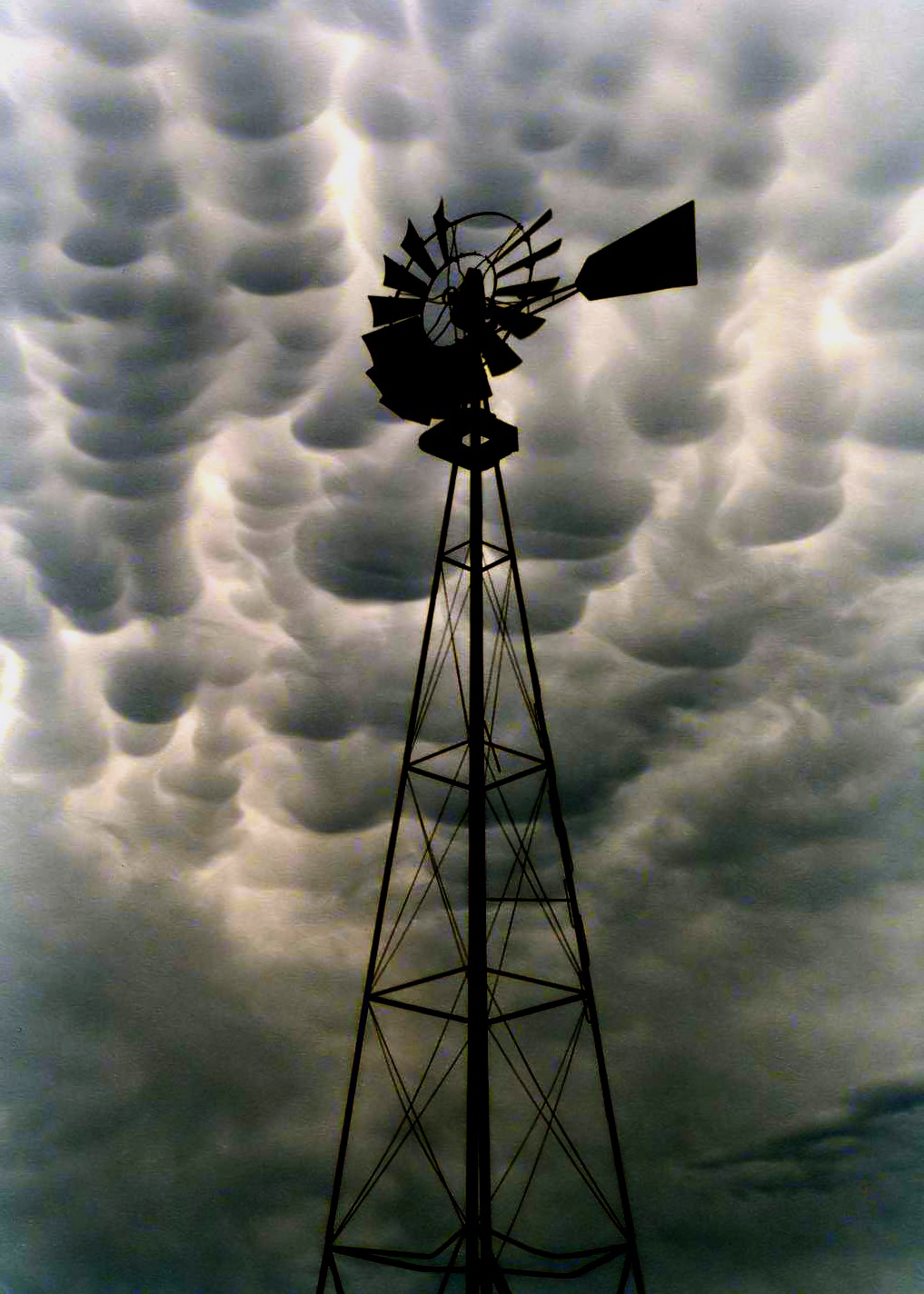Strange
Strange




Vivin saxperience



Stranger
BOSTON, MARCH 29, 1843.
THE COMET.
Nothing has appeared, of late, that has so completely set at nought the wisdom of this world, as the comet, whose mighty trail has a short time past been extended so many degrees--so many millions of miles, like the sceptre of the Lord, over the nocturnal sky. Its sudden appearance at noonday, so entirely unexpected, found the whole corps of the literati astromical napping.
Although there is little or no desire to know of the coming of the King of Glory, or indications by which the time of that event can be calculated, yet it is not so on the approach of a comet. Such visitors are regarded with so much more interest, that upon conjectures the most vague and uncertain, the times of their returns are eagerly sought for; and when it is supposed that there is a possibility that one of these erratic messengers may be wending its way from the distant regions of space again to visit the luminary of day, every astronomer, far and near, feels bound to closely watch the heavens, that the very moment of its visibility may be marked, and that it steal not a march upon them. Even when no such visitor is expected, it is seldom that their unexpected approach is not observed when they are far beyond the reach of the naked vision, in some distant part of the solar system. But in the present case no one dreamed that this wanderer of the sky was near, until it looked down upon us in the broad clear light of the noonday sun, startling the "star-gazers" and "monthly prognosticators," as though the all-seeing eye of Deity has been suddenly disclosed, searching their inmost souls. It next extended its fiery tail far over the sky, as though the sword of justice had been suddenly unsheathed, and caused many to scoff and tremble. And while the community were evidently excited with varied forebodings, those who are looking for the blessed hope of the glorious appearing of the great God and our Savior Jesus Christ, have looked on unmoved, with nought to arouse their fears.
The controversy then began respecting the nature of this mysterious stranger, and the learned are hardly yet convinced whether it be a comet or the zodiacal light; and to scatter their own fears, they predicted beforehand that the Millerites would no doubt be frightened; showing how little is known of that perfect love that casteth out fear. Having established that it is a comet, the present great question is as to its probable course. Of this the Advent believers care but little,--they believe the Lord is coming, and that right speedily; and whether he send this as the messenger of his fury, is immaterial, knowing that whether so or not, he will be revealed in flaming fire, taking vengeance on them that know not God; and that a fiery stream will issue and come forth before him.
We have been led to the above remarks from the lecture of Prof. Pierce of the Cambridge University, on the comet, of Wednesday night last. Notice had been given that he would lecture on the comet at the Odeon, which drew a crowded house, anxious to learn its present position and the direction of its course, and to have their fears relieved by being assured that no danger could be apprehended from it. The lecturer went into the supposed nature of comets, and the conjectured cause of their tails, what any one can find in the writings of Euler, Herschel, Ferguson, Vose, and other writings on astronomy; all of which must have been very satisfactory to the 800 spectators, who with ourself had probably paid the lecturer two hundred dollars, at the rate of 25 cents each, as he assured us,--what all knew before--that what is known respecting them is based on mere speculation and conjecture. He then approached the only question in which the audience were interested, viz. the present comet, its position and course.”
March 29, 1843 JVHe, HST 28
---------------------------
Cast Down, But Not Destroyed
“IF our heavenly Father had seen it to be better for us that we should be exempt, in a great measure, from the trials now incident to life, he could, doubtless, as easily have so provided for us. Aside from his declaration, and the recorded testimony of good men, we see in what way the afflictions of God's people yield, in rich clusters, the peaceable fruits of righteousness. "It is good for me that I have been afflicted," has been the sincere conviction of thousands who have uttered their groanings, as well as their gratitude, in the language of the singer of Israel. The bruised grape bleeds with its rich price. A heart ripened under gracious influences knows not what that grace has done for it until pressure from without has come upon it. What brings forth wrath and bitterness from unsanctified hearts, is pretty certain to move the sweet fountains of the Christian's soul. Trial is a better test than prosperity. If we find our trials to issue in continued and ungrateful murmurings - if we find that they result in enmity to God and man - if they alienate us from the work of doing good - if they seal us up in iciness, then may we know or fear that we are not born of God. For so it is with the unsubdued heart.
We have sometimes seen those whom we thought among the most afflicted of all beings not only resigned but buoyant. An almost irrepressible elevation of spirits was maintained. Their every prospect seemed to us gloomy and dispiriting, and yet the heart glowed and poured out a stream of joyous emotions. We could not understand at once, but we have since learned. It is not in the nature of affliction, but it is in the nature of Christian submission and faith and love. It is an anomaly presented in every true Christian experience. Faith, love, triumph. The heart struggles against the lessons, and is not "apt" to learn them. It seems called upon to exercise a different temper; it shows fight in some way, against God, or fate, or man. But if the heart is right, the bitter cup will be taken, and it will be turned to sweetness ere it is drained. "Cast down, but not destroyed." No, the irrepressible nature of religion causes the heart to triumph. It is stronger when cast down than it was before: strong in blessed, firm, peaceful consciousness before God; strong in a beautiful, burning, clear love for man, whose flame flickers not with the varying currents of human conduct. Knowing and feeling, to the bottom, its own faith, it has faith in others. Virtue, purity, goodness, exist in spite of the wrongs that many commit. The Psalmist complained to God that he had left his soul among lions, yet did he still know that God had made man a little lower than the angels. Precious is that love for God which comes from the heart which he hath broken; abiding is that Christian love for man, and strong that faith in Him, which lives and rules notwithstanding wrong and outrage. Christian, shrink not from affliction,”
September 17, 1857 UrSe, ARSH 159
-----
"He doth but design Thy dross to consume, thy gold to refine."
In uninterrupted prosperity we are strangers to some of the sweetest, most purifying feelings of the heart. They come not through prosperity. The rainbow emerges from the storm. The voice of God is on the waters. "They shall not overflow thee." We may not choose the shape in which trial may come. We cannot tell the lessons which we may need, the virtues to be wrought out, by which God will glorify himself through us. They will probably come in the way, which we little expect, for we may most need the virtues correlative to the events which we think far from us. Sometimes a dear friend will be taken, to loosen us from earth, and create in us more interest in heaven, to know how blessed it is. Sometimes one is stripped of property, that he may altogether make the Most High his habitation, and feel what a refuge he is to his people. Sometimes enemies arise whose hatefulness is more than the slime of the serpents, and even then the heart triumphs in wishing them no evil. There are always wicked men in the world, and sometimes it is unavoidable to come in contact and collision with them. They obtain the victory when they can either overwhelm or anger. But they have given it to the Christian, in the last sense, when, while loathing their conduct, he can still pray for his enemies. In every place of trial, O Christian, think not that any strange thing hath happened unto you! Nor be disheartened. There is a principle within you, which cannot be crushed. You shall smile while the waves spend their living force. God is your protector. "Why do the heathen rage, and the people imagine a vain thing?" "My soul, hope thou in God, for I shall yet praise him who is the health of my countenance, and my God." "Cast down, but not destroyed." Others may not understand this philosophy, but the Christian does. In prosperity we have been weak as aspen, in affliction strong as steel. And when circumstances seemed most adverse and trying, then have we been most buoyant and exultant; when night gathered around with cold and dewy wings, then our songs arose, and we waited for the dawning of a glorious morrow. With those who trust in themselves, in their schemes and wickedness, it is not so. Their counsels come to nought, and they are snared in their own nets. O God! Blessed are they who trust in thee, for they shall not be disappointed.”
The Pacific.
September 17, 1857 UrSe, ARSH 159